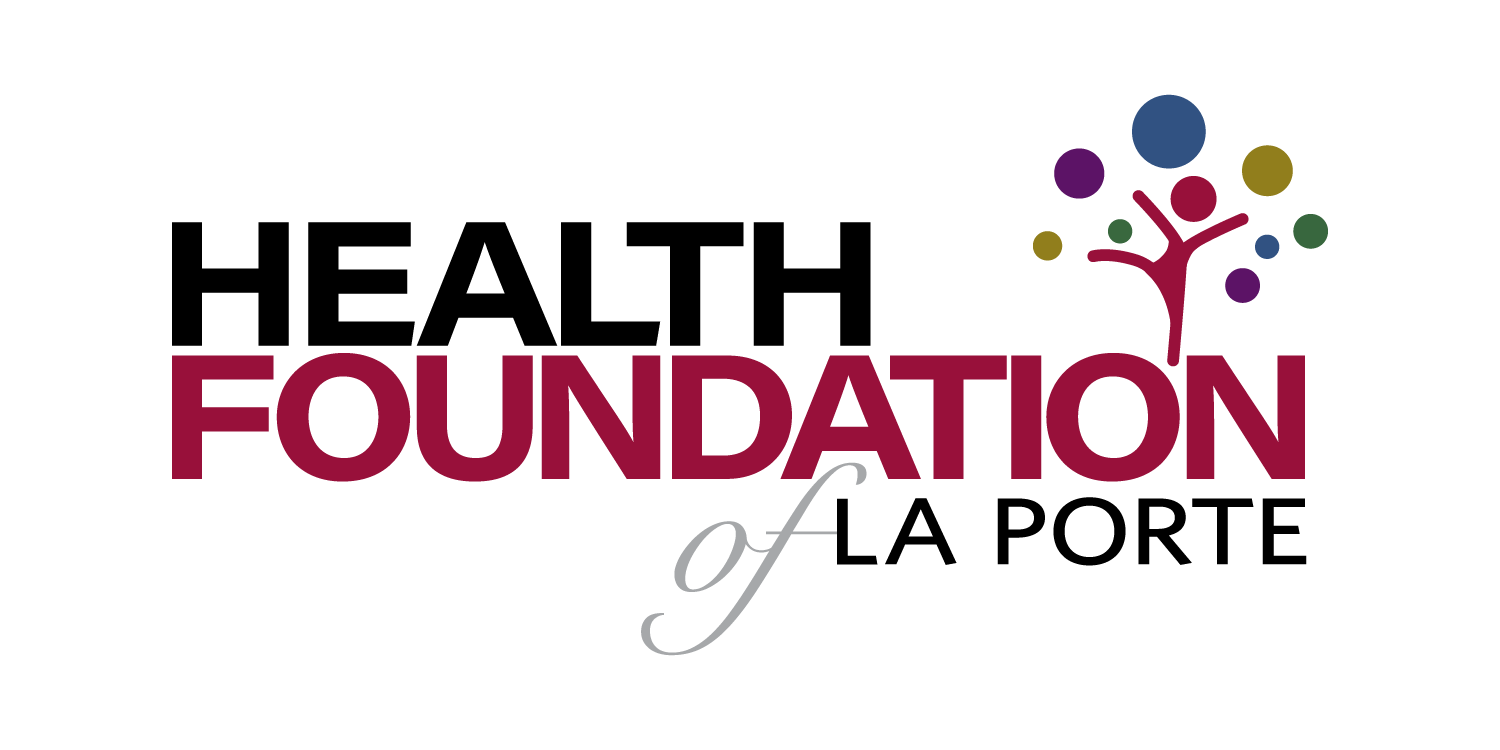Promising Practices
The Promising Practices database informs professionals and community members about documented approaches to improving community health and quality of life.
The ultimate goal is to support the systematic adoption, implementation, and evaluation of successful programs, practices, and policy changes. The database provides carefully reviewed, documented, and ranked practices that range from good ideas to evidence-based practices.
Learn more about the ranking methodology.
Note: This practice has been Archived.
Filed under Effective Practice, Community / Crime & Crime Prevention, Teens, Urban
Goal: The goal of this program is to reduce Philadelphia's homicide rate and put violent youthful offenders on the path toward a productive majority.
Note: This practice has been Archived.
Filed under Effective Practice, Health / Alcohol & Drug Use, Teens, Families
Goal: This program is designed to improve parent-child communication skills as a way of improving and maintaining healthy decision-making.
Note: This practice has been Archived.
Filed under Effective Practice, Health / Wellness & Lifestyle, Adults, Women, Men, Families, Racial/Ethnic Minorities, Urban
Goal: To increase physical activity among Hispanic populations by promoting the use of stairways.
Note: This practice has been Archived.
Filed under Good Idea, Environmental Health / Wildlife, Children, Teens
Goal: The goal of the Voyager School was to supplement the current science curriculum with some outdoor activities and environmental education.
Note: This practice has been Archived.
Filed under Good Idea, Health / Alcohol & Drug Use, Women, Racial/Ethnic Minorities
Goal: The goal of this program is to reduce tobacco use among groups experiencing the most pronounced tobacco-related disparities.
Note: This practice has been Archived.
Filed under Effective Practice, Health / Diabetes, Older Adults, Racial/Ethnic Minorities
Goal: The purpose of the Viva la Vida project was to improve diabetes care for Latino Medicare beneficiaries and decrease the disparity in A1C testing between Whites and Latinos.
Impact: A1C testing rates increased for both White and Latino Medicare beneficiaries. The testing disparity between Whites and Latinos decreased during the study period.

